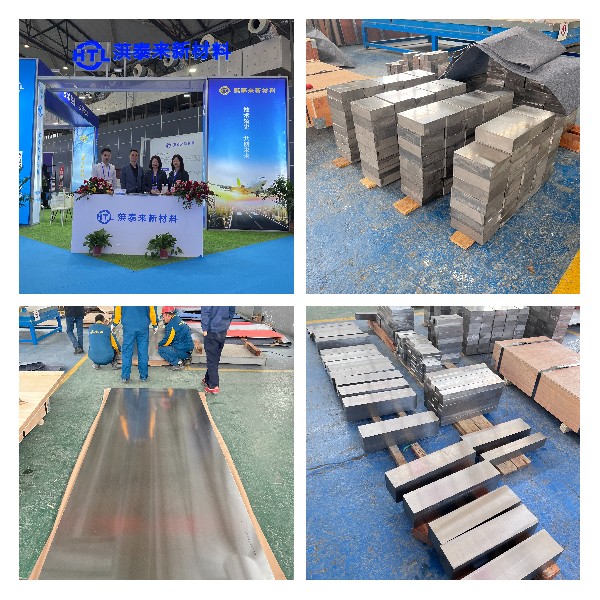The quality of titanium plates depends greatly on the smelting process of titanium plate manufacturers. This includes the chemical composition of titanium, the cleanliness of titanium water (gas, harmful elements, impurities), and the quality of ingots (composition segregation, decarburization, and surface condition), which are the key control points of the smelting operation. Additionally, industrial titanium plates require sufficient quenching and tempering to ensure a uniform microstructure and mechanical properties throughout the entire spring section.
The main cause of fatigue cracks in titanium is the presence of oxide inclusions, with D-type inclusions being more harmful to fatigue life than B-type inclusions. Therefore,overseas titanium factories and automotive manufacturers have higher requirements for oxide inclusions in industrial titanium plates. For example, Swedish SKF standards require titanium to have an oxygen content lower than 15×10-6 and D-type inclusions lower than B-type inclusions. In particular, Al2O3 and TiN inclusions have a significant detrimental effect on the fatigue life of titanium springs. To produce high-quality industrial titanium plates, special smelting methods such as electric furnace-electroslag remelting or vacuum arc remelting have been traditionally used.
Due to the unique physical and chemical properties of titanium plates and titanium bars, their welding processes differ significantly from those of other metals. Titanium welding is achieved through the TiG welding process, which effectively protects the welding area with inert argon gas. Before use, the purity indicators of argon gas are verified by checking the production certificate on the gas cylinder and inspecting the valve for any leaks or malfunctions. The metal in the welding area is not contaminated by reactive gases like N2H and harmful impurity elements like CFeMn above 250°C. The purity should not be less than 99.98%, and the water content should be less than 50 mg/m3 of argon gas. It should not form coarse grain structure. The welding process must follow the predetermined construction sequence to avoid significant welding residual stress and deformation. Therefore, strict quality management standards should be followed, implementing quality control throughout the entire process, ensuring that the factors of personnel, machinery, materials, and methods are all in a well-controlled state, thereby guaranteeing the welding quality of titanium pipes within a reasonable timeframe.
